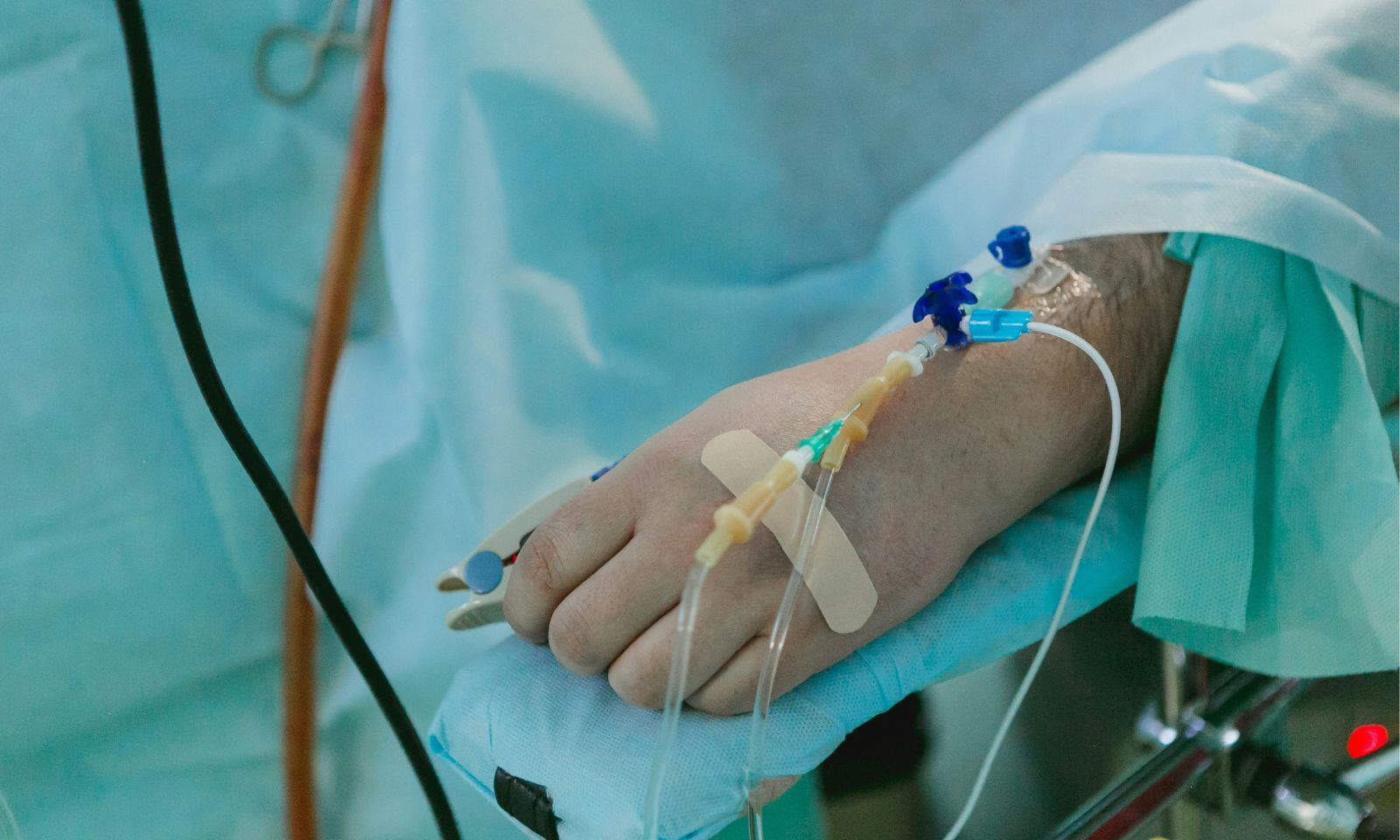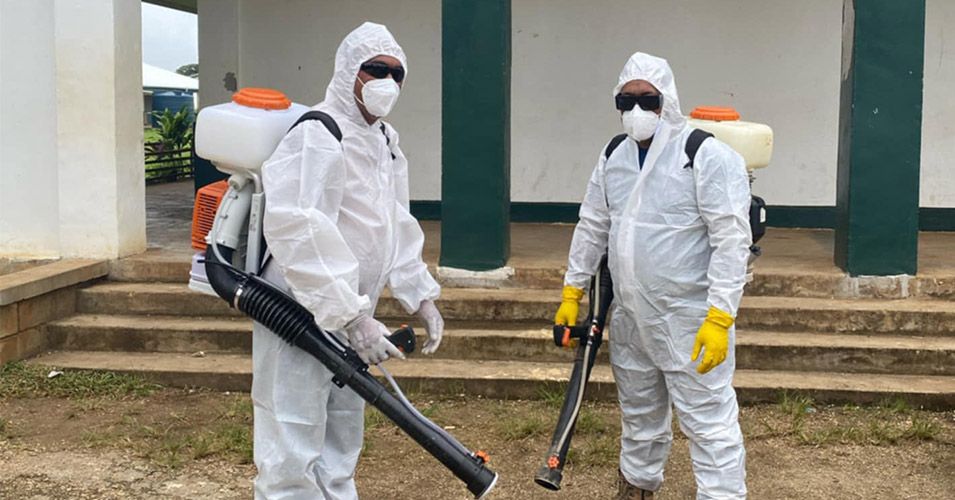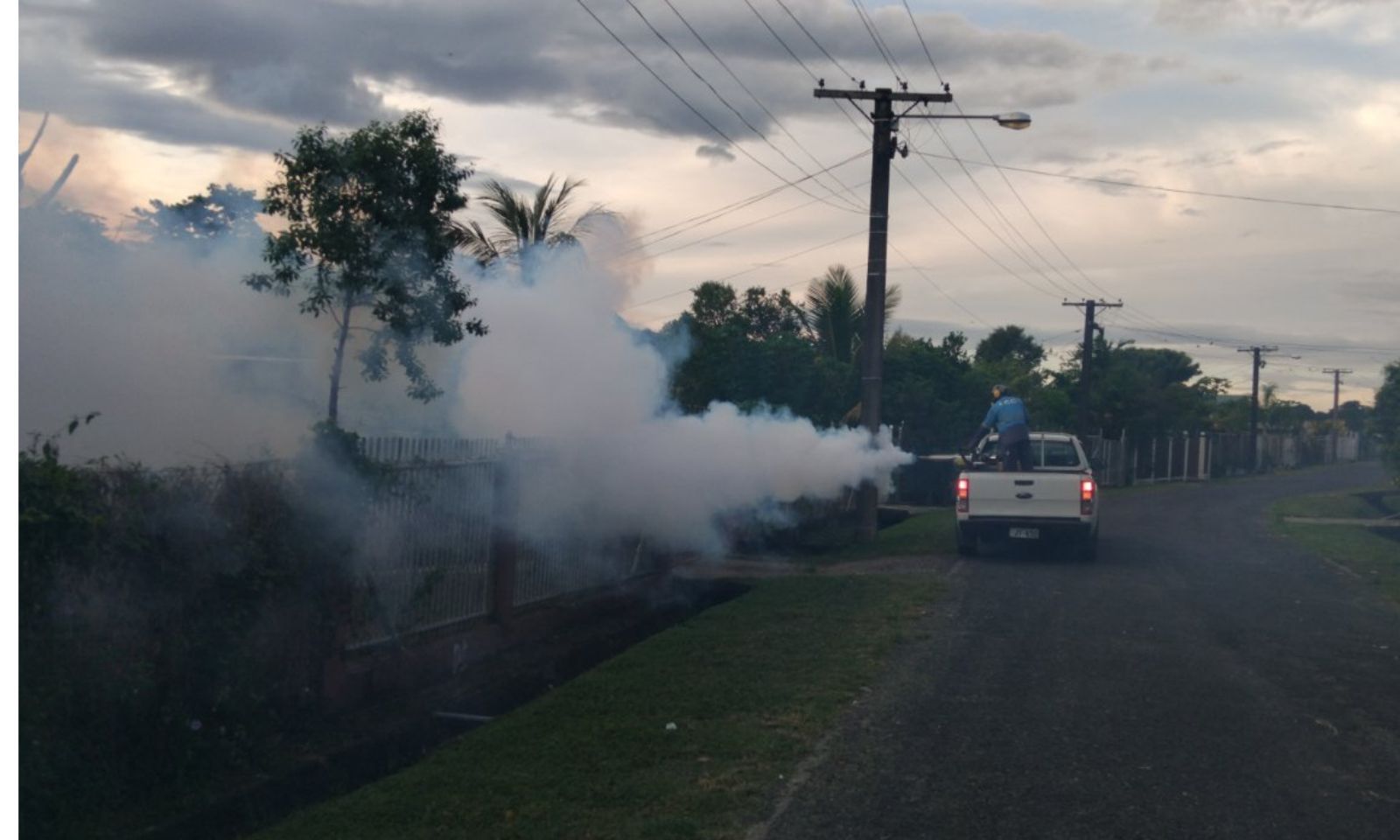

Kiwi travellers are strongly advised to secure comprehensive health insurance prior to travel to pacific islands. , given the escalating incidence of dengue fever across the Pacific region.
Photo/Auckland Aiport
NZ travellers urged to prioritise insurance as dengue outbreaks surge across the Pacific
Health officials stress importance of protective measures against mosquito bites as outbreaks continue to escalate in several island nations.

Time for an Indigenous State of Origin? The All Stars game shows who really powers the NRL



Travellers from New Zealand planning a getaway to tropical destinations are being urged to grab comprehensive travel insurance, as dengue fever cases continue to climb in certain Pacific countries.
Fiji has been particularly hit hard, reporting the highest number of dengue cases and related deaths.
Health officials are advising anyone venturing to areas where mosquitoes can spread diseases to take extra precautions. This includes using insect repellent, wearing protective clothing, and staying in places with screens on windows and doors to keep mosquitoes out.
Travellers are also reminded that medical services in these locations can be limited, so it is important to continue taking steps to avoid mosquito bites throughout the day.
Should anyone feel unwell during their trip or within three weeks after returning home, they should seek medical attention right away and inform their doctor about their recent travels.
As of 16 July, several Pacific island nations, including Fiji, Sāmoa, and Tonga, have reported a surge in confirmed dengue cases.
Sāmoa’s Ministry of Health has reported a total of 945 confirmed dengue fever cases this year alone.
Newsline Samoa reports that the latest data indicates that 237 new cases have been recorded in one week. A concerning trend is that a large percentage of those affected are under 20 years old.
The country has also confirmed two dengue-related deaths, with about 10 per cent of patients needing hospitalisation.

Nine dengue fever deaths have been recorded in Fiji, Samoa and Tonga.
The Cook Islands declared a dengue fever outbreak in Rarotonga in May, with 50 cases reported since February. Most patients have recovered, but some required hospital care.
Kiribati followed suit in late April, identifying a dengue outbreak with a total of 96 confirmed cases and 383 more suspected cases as early as June. The age range of affected individuals spans from infants to seniors, but children aged three to nine have been most affected.
Tonga has also seen a rise in dengue cases, reporting five new cases as of 4 July, which brings its total to 889 since declaring an outbreak in February. Three dengue-related deaths have been noted, but no patients are currently hospitalised.

Tonga's Ministry of Health is carrying out mosquito spraying in areas mostly affected. Photo/Tonga MOH
Fiji’s health officials reported a major outbreak earlier in the year, with 8708 confirmed cases and four deaths recorded from January to early May. The Western Division was hardest-hit, accounting for most of the cases.
Despite these alarming statistics, Fiji’s Minister for Tourism, Viliame Gavoka, has reassured travellers that Fiji remains a safe destination.
Gavoka says key tourist spots haven’t been directly affected and encouraged visitors to follow standard health precautions.
“It is important to note that dengue fever is not uncommon in tropical regions and is a year-round risk in many such destinations,” he says.

Mosquito spraying being conducted by the Ministry of Health in Fiji. Photo/Fiji MOH
“Fiji has successfully managed dengue outbreaks in the past through swift and coordinated public health responses.
“The United States Centres for Disease Control and Prevention currently maintains a Level 1 travel notice for Fiji, advising travellers to follow routine precautions to prevent mosquito bites.”
Travel advisories from various countries, including Australia, New Zealand, and Canada, which are advising their citizens to take typical precautions to avoid mosquito bites while visiting Fiji and other affected areas.
To reduce the risk of infection, Fiji’s health officials recommend visitors use insect repellant, wear long-sleeved clothing to cover their skin, and choose accommodations that are equipped to keep mosquitoes out.
Watch efforts underway in Fiji in the fight against dengue fever.